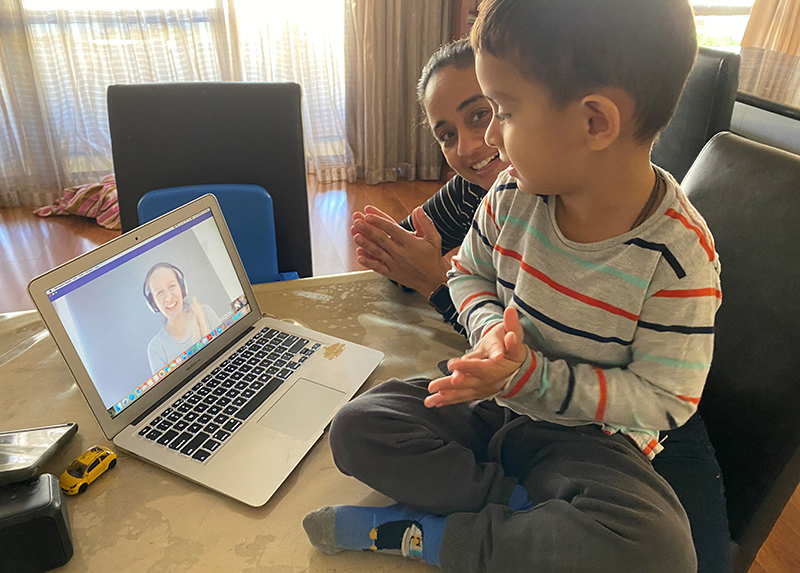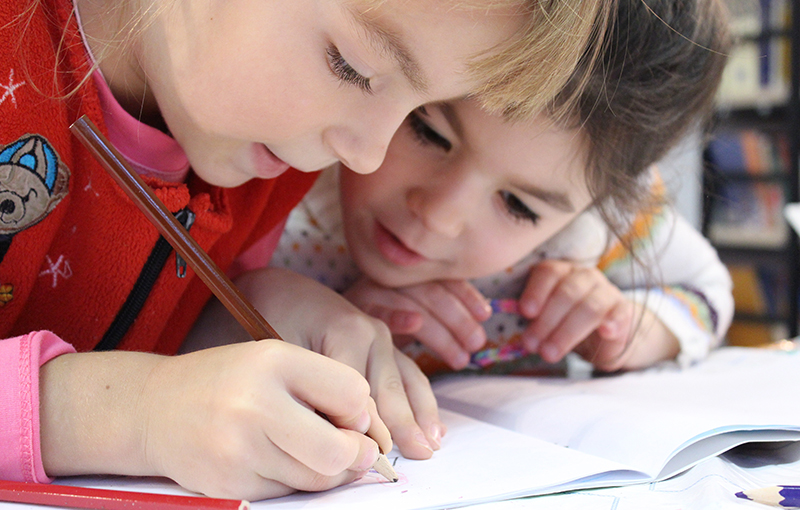Search

Meet the AREST CF researchers

News & Events
The power of pooches: pre-schoolers benefit from having a family dogThe benefits of owning a dog start even earlier than previously thought show new research from The Kids Research Institute Australia.

AREST CF has a detailed catalogue of our publications spanning back to 1996.

News & Events
How to support your kids through the next phase of COVID-19In Western Australia we have so far been remarkably successful in flattening the curve and preventing the community spread of COVID-19.

Development and validation of a miniaturized bacteriophage host range screening assay against antibiotic resistant Pseudomonas aeruginosa

Changes in airway inflammation with pseudomonas eradication in early cystic fibrosis Background: Neutrophil elastase is a significant risk factor for

News & Events
CliniKids clinicians rise to the COVID-19 challengeThe CliniKids team has reimagined how allied health services for children with autism spectrum disorder or developmental delays are delivered.

Microbiomic Analysis on Low Abundant Respiratory Biomass Samples; Improved Recovery of Microbial DNA From Bronchoalveolar Lavage Fluid In recent

Rhinovirus infection drives complex host airway molecular responses in children with cystic fibrosis TEarly-life viral infections are responsible for

Gene modifiers of cystic fibrosis lung disease: A systematic review Background: Lung disease is the major source of morbidity and mortality in cystic

News & Events
COVID-19 risks explained for babies, children and pregnant womenMany parents may be feeling anxious and confused about what COVID-19 means for pregnant women, babies and children.

Association of Antibiotics, Airway Microbiome, and Inflammation in Infants with Cystic Fibrosis Abstract Rationale: The underlying defect in the


News & Events
Life skills for every childColab’s new Bright Tomorrows parent app is helping families across Australia give their young children the best developmental start in life.

News & Events
Funding boost for digital health programThe Kids Research Institute Australia is pleased to share in $490,000 in State Government funding designed to provide vital support to WA’s innovation sector in the wake of COVID-19.

News & Events
Up and at ’em: The Kids physical activity researcher named a WA Young Tall PoppyA The Kids Research Institute Australia researcher focused on promoting more active childhoods to improve child health and wellbeing will be named amongst WA’s most outstanding young scientists at the upcoming 2020 Young Tall Poppy Science Awards.

News & Events
Churchill Fellow will seek ways to better support young people with neurodisabilityThe Kids Research Institute Australia researcher Hayley Passmore will use a prestigious Churchill Fellowship to investigate better ways to support young people in detention who are affected by neurodisability.

News & Events
School readiness is more than just test resultsA new study by researchers at The Kids Research Institute Australia has found there is a bigger picture to consider when determining whether a child is ready to start school.
